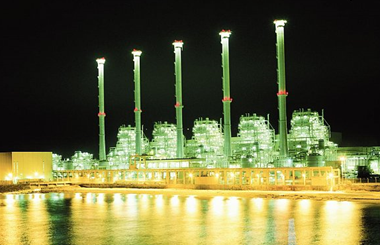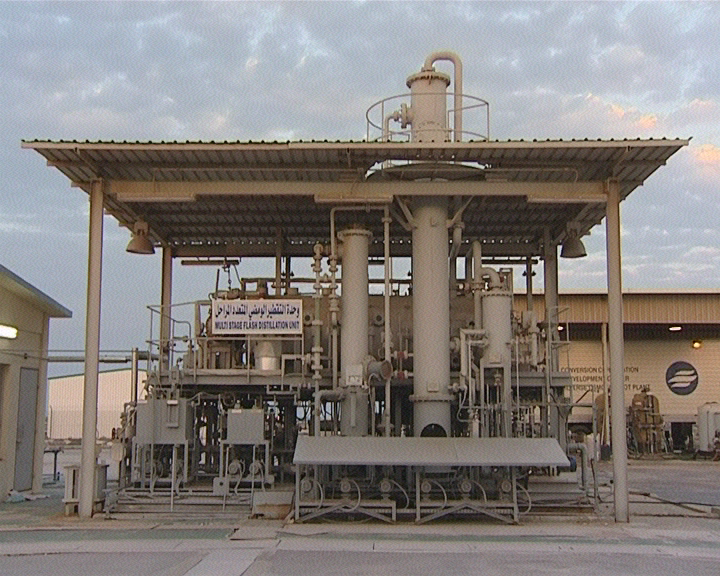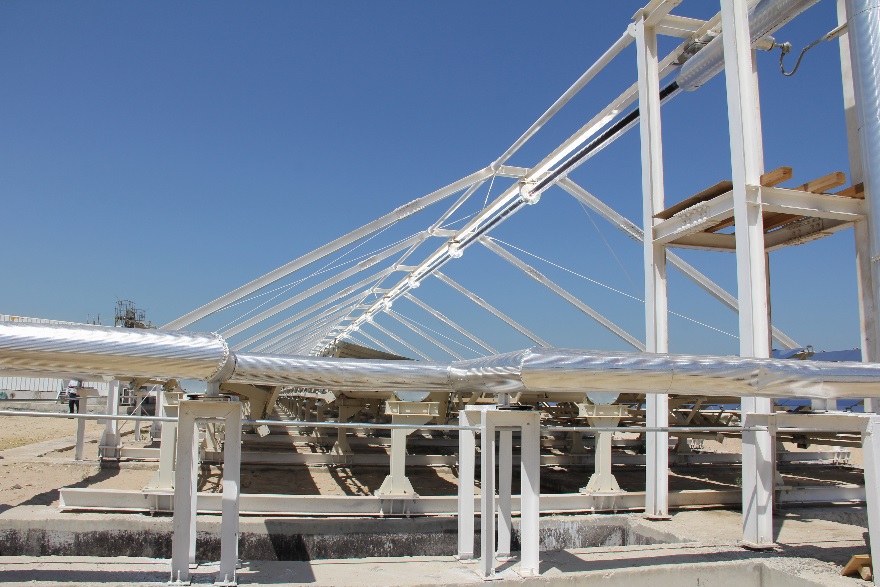Department of Thermal
- Home
- /
- Our Services
- /
- Department of Thermal
The department’s activities focus on the following:
- Conducting research studies to overcome the problems facing the traditional thermal desalination technologies that are currently used.
- Conducting research studies to create new non-traditional economically viable technologies.
- Providing technical services and consultancy in desalination technologies.
- Evaluating equipment and products used in thermal desalination operations.
- Evaluating the performance of operational stations and making recommendations.
- Cooperating with the industry of desalination to strengthen the commercial marketing of developed desalination technologies.
Main achievements of the department:
1. Conducting extensive studies to analyze and assess the design and operational conditions in all desalination stations which make use of multi-stage flash distillation and dual purpose cycles of production of water and electricity, so as to improve efficiency and to take advantage of the existence of multiple design and operating conditions for the company’s stations to define best specifications for futuristic stations.

2. Conducting technical-economic studies built on the first and second law of thermo-dynamics to estimate the cost of production of water and electricity in dual purpose desalination plants.
3. Overcoming deficiencies in the traditional thermal desalination technologies that are currently used to make them economically more efficient. To achieve this, intensive tests have been conducted in experimental stations to create the appropriate design and operating conditions when multi stage flash distillation station (MSF) and multi effect distillation (MED) stations are operated at unprecedented high temperatures and exceeding the norms used in similar stations. This should be done without formation of saline deposits, with high thermal effectiveness and a noticeable increase in water production and a low operational cost, using pre-treatment and nano- membranes.

4. The department has conducted, in cooperation with representatives from Al Jubail, Jeddah, Yanbu, Al Shaqiq and Al Shuaiba stations, intensive tests in multi stage flash distillation stations, to determine the ideal rates of anti sedimentation material. These tests have resulted in a significant decrease in the averages of injections and a lowering of the operational cost in these stations.
5. The department is currently conducting a number of studies in cooperation with King Saud University and Hitachi Suzan, from Japan, to develop thermal operations based on solar energy. These research agreements aim at developing the usage of solar energy systems in thermal desalination, so as to reduce cost of production. The cost of energy consumption in thermal stations that use fossil fuel, currently ranges between 40 to 50% of the total production cost of desalinated water. A number of solar energy experimental units have been installed to conduct intensive experiments to determine the optimal operational conditions to start these solar energy based stations within the current weather environment in the Kingdom.

6. The department is currently conducting research in cooperation with Dosan Co. of Korea to develop multi-phase evaporation unit (One through MSF), with the aim of reducing cost of production of desalinated water.
7. The department has published its research studies in a number of international scientific journals in addition to presenting them in a number of specialized regional and international conferences.
8. A total of four patents have been issued to the department from both Japan and the Kingdom of Saudi Arabia for discoveries related to operation systems for the production of drinking water using multi-effect distillation coupled with high effective steam pressure. These discoveries will contribute to solving most operating problems in the traditional desalination stations, in particular with regard to scale deposits on surface of thermal pipes, by using pretreatment in the MED unit through extremely accurate nano membranes. These new discoveries will also allow operating the MED unit at unprecedented high temperatures reaching 125 degrees, in comparison with traditional desalination station which operate at a temperature of 65 degrees. As a result, up to 50% of the total consumption of thermal energy can be saved, which in turn will lead to a reduction in the cost of production of desalinated water and an increase in the economic efficiency of thermal desalination operations and a better commercial use of these inventions.
Newsletter
Interested in getting the latest updates about Water Conversion?
Subscribe now to the newsletter to receive all the latest news!

